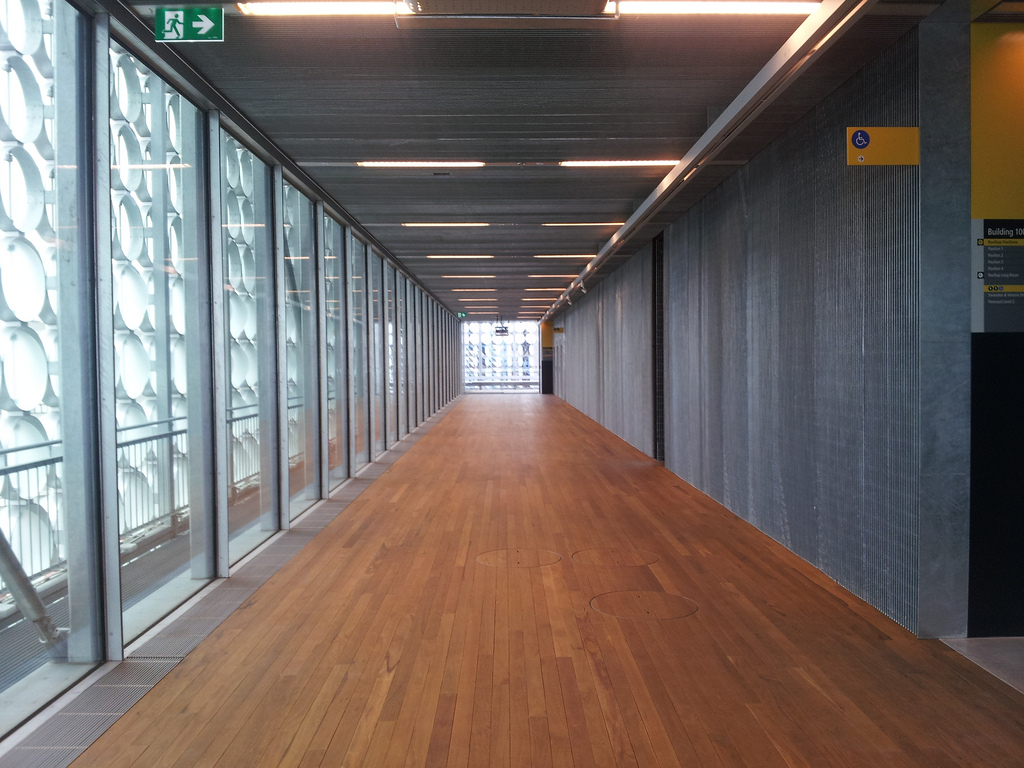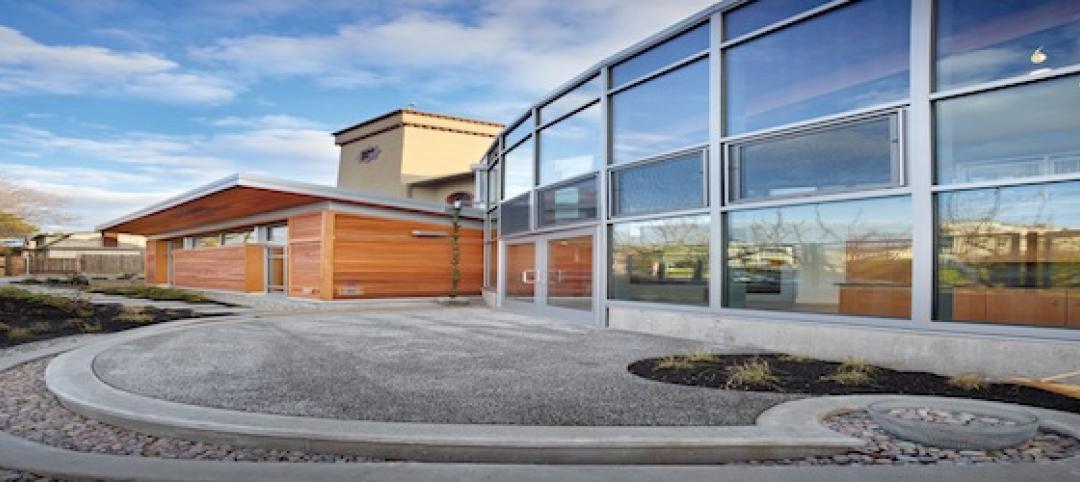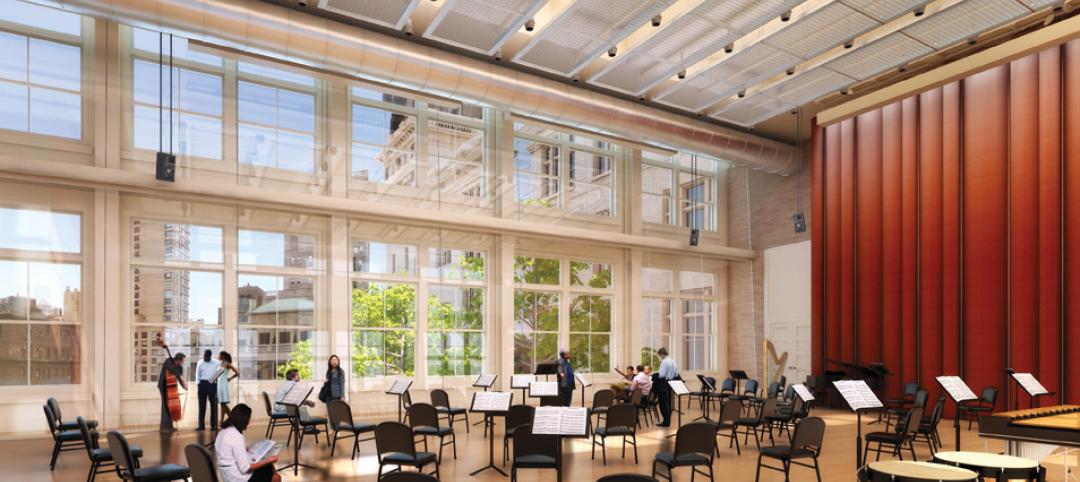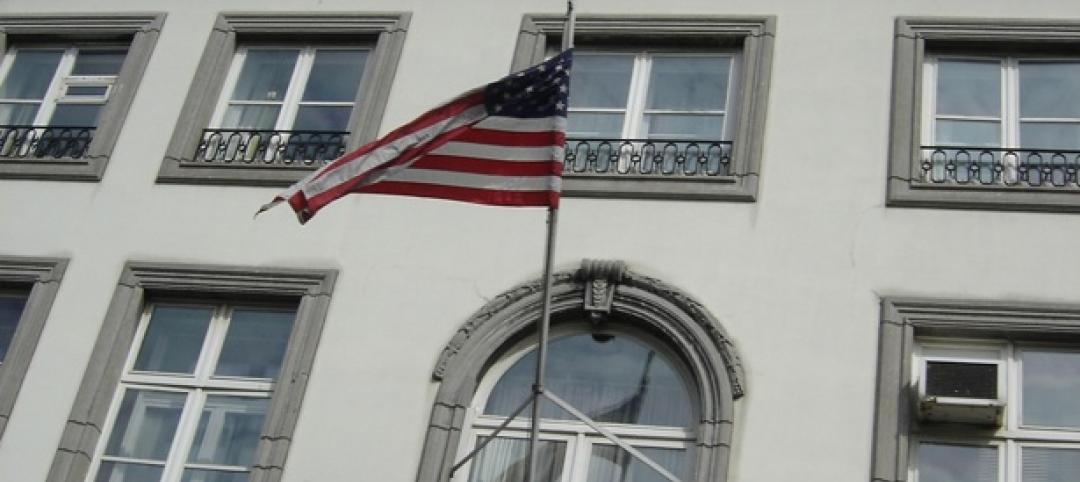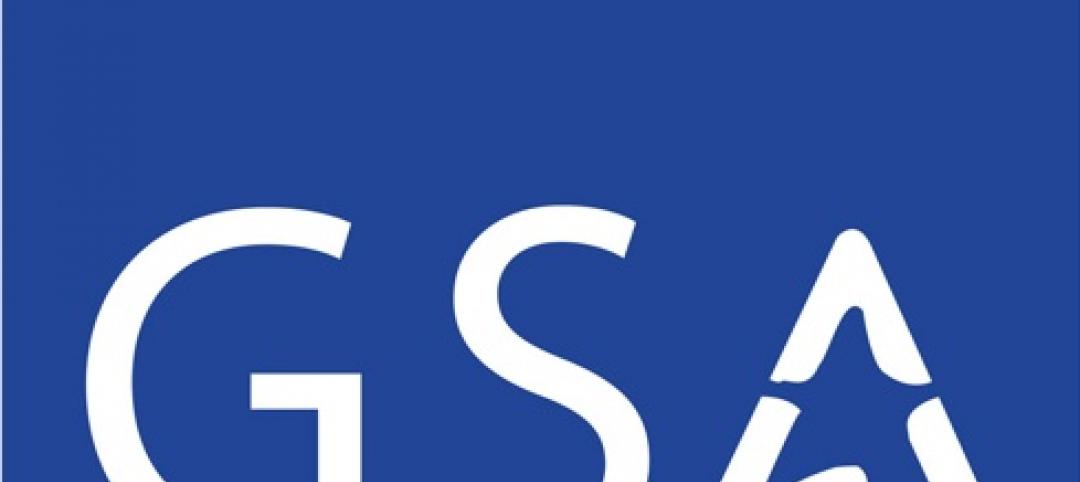Green Seal, an independent nonprofit certifier of sustainable products and services, has introduced a revised version of its GS-11 Standard.
The updated standard covers most types of architectural coatings. This new edition of GS-11 includes floor coatings, concrete and masonry sealers, and fire resistive coatings, in addition to the paints, primers, anti-corrosive coatings, and reflective coatings previously covered. The new Green Seal standard offers greater flexibility for the assessment of VOCs and aligns with VOC limits set by the current California Air Resources Board. The standard also addresses:
- Stains and finishes for wood and metal, previously covered by the GS-47 Standard
- Updates for clarity on certain criteria for chemical ingredients, reflecting the current market for leadership products
With the rapid advances in formulation technology Green Seal redesigned GS-11 to promote the creation of safer coatings by restricting a comprehensive list of harmful chemicals, including heavy metals, certain phthalates, formaldehyde donors, carcinogens, mutagens, reproductive toxins, hazardous air pollutants, and ozone depleting compounds. Exceptions are made for titanium dioxide, carbon black, crystalline silica, and PCBTF because they are necessary for acceptable performance and feasible alternatives are currently lacking.
Related Stories
| Sep 12, 2011
PVs play new roles as a teaching tool
Solar installations are helping K-12 schools around the country save money and teach students the intricacies of renewable energy sources.
| Sep 12, 2011
Living Buildings: Are AEC Firms up to the Challenge?
Modular Architecture > You’ve done a LEED Gold or two, maybe even a LEED Platinum. But are you and your firm ready to take on the Living Building Challenge? Think twice before you say yes.
| Sep 12, 2011
Putting a stamp on USPS's first green roof
The Morgan Building roof totals 150,000-sf. In addition to a vegetated green roof, other roof areas were upgraded and included 55,000-sf of reflective concrete pavers and ballast, which were also placed over a Sarnafil waterproofing membrane, and 40,000-sf of EnergySmart Roof—a reflective, energy-efficient vinyl roofing system from Sika Sarnafil.
| May 18, 2011
Carnegie Hall vaults into the 21st century with a $200 million renovation
Historic Carnegie Hall in New York City is in the midst of a major $200 million renovation that will bring the building up to contemporary standards, increase educational and backstage space, and target LEED Silver.
| May 16, 2011
Seattle unveils program to boost building efficiency
Seattle launched a new program that will help commercial property owners and managers assess and improve building energy efficiency. Under the program, all commercial and multifamily buildings larger than 10,000 sq. ft. will be measured for their energy performance using the EPA’s ENERGY STAR Portfolio Manager.
| May 10, 2011
Are green goals out of reach for federal buildings?
Many federal agencies are struggling to convert their existing buildings to meet green standards, according to the Office of Management and Budget. Of 20 agencies graded by the OMB on their compliance with green mandates, only seven met the 2010 mandate that requires at least 5% of their buildings meet energy-efficient and sustainable standards.
| Apr 14, 2011
U.S. embassies on a mission to green the world's buildings
The U.S. is putting greater emphasis on greening its worldwide portfolio of embassies. The U.S. State Department-affiliated League of Green Embassies already has 70 U.S. embassies undergoing efforts to reduce their environmental impact, and the organization plans to increase that number to more than 100 by the end of the year.
| Feb 7, 2011
GSA Unveils New Sustainable Workplace Design Tool
The U.S. General Services Administration launched its Sustainable Facilities Tool on Monday, Feb. 7. The innovative online tool will make it easier for both government and private-sector property managers and developers to learn about and evaluate strategies to make workplaces more sustainable, helping to build and create jobs in America’s clean energy economy of the future.


